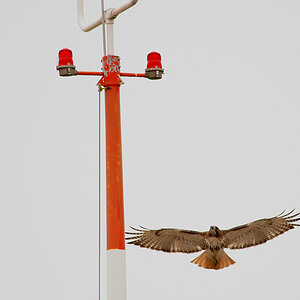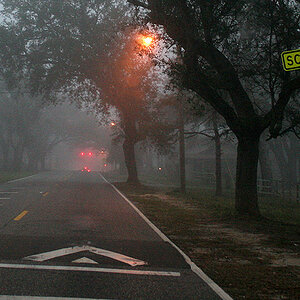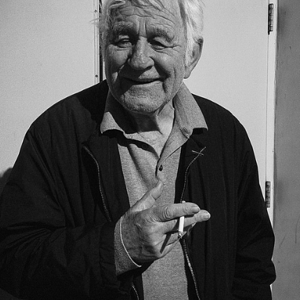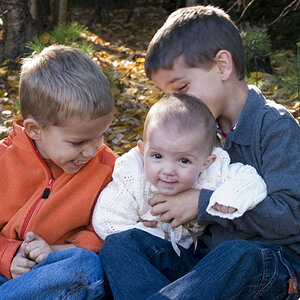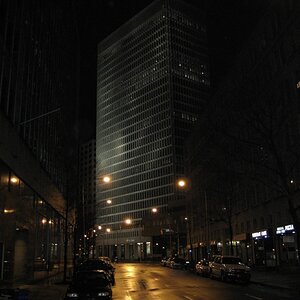kkamin
TPF Noob!
- Joined
- Aug 25, 2009
- Messages
- 515
- Reaction score
- 17
- Location
- Minneapolis
- Website
- www.kevinkaminphoto.com
- Can others edit my Photos
- Photos OK to edit
THIS is the Post Processing I think every photo needs. Calibration of these settings I do not consider Photoshop-ing and equate it to being in the dark room staring at a negative being projected onto a white piece of paper you are adjusting to produce a photograph.
I think the people who are refusing to acknowledge PP in their workflow are not shooting RAW because they would have to convert. They are shooting in camera, a JPEG, and are done with it. Their argument of wanting to get it right in camera and be more "pure" wouldn't make sense if they brought their image into a raw editor and had to choose a dozen settings to output their image--controlling exposure, white balance, tonal relationships, the camera profile, sharpness, saturation, clarity, etc. But maybe they are shooting raw and just opening it up in their raw editor and immediately saving it out as a jpeg. That would be weird.
From here you get into what I believe falls in the scope of Photoshop-ing. Adjustments such as dodging, burning, cloning, patching, even HDR and the Layers overlays such as the one in Dominantly's thread (which i'm now obsessed with doing to my blown-out skys).
So I suppose I think of Post-Processing to have two levels, RAW Processing and Photoshop-ing. So when I said I see the terms used interchangeably I was unclear in that I was referring to Photoshop-ing was being used to talk about RAW Processing*.
The line you are drawing in the sand between RAW editors and Photoshop doesn't exist. Everything you mentioned above, that happens in Photoshop: dodging, burning, cloning, patching are possible in Lightroom and Adobe Camera Raw. And HDR in LR with a plugin. Layer overlay effects are possible in different ways in LR and ACR, more limited, but nonetheless possible. I prefer to do as much of these things in the RAW editor actally, since it is non-destructive and the program moves faster. Of course PS goes deeper into image editing, and my workflow often starts in a RAW editor and move to PS, but the amount of image manipulation possible in ACR or LR is substantial and is what you define at "Photoshopping".
I see why you see the RAW editor as first stop because if you shoot a RAW file you need to start in a RAW editor. But again, people often do everything in RAW editors, including heavy adjustments. And a lot of people will work with non-RAW files, TIFFs and JPEGs, inside ACR or LR.
Before RAW editors, people would do everything in Photoshop. All the things you do in your RAW editor are more or less possible in PS. If someone gave me a TIFF or JPEG to correct and clean-up, I would have a choice where I want to do my PP in: RAW editor or PS. Both equally effective.
I see what you are saying if you work in the way you do. But the two programs overlap each other in a gigantic way and a lot of it comes down to personal preference of how you want to work.
Last edited:



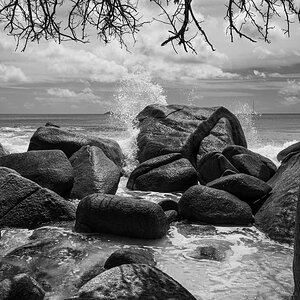
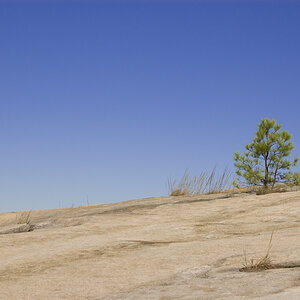
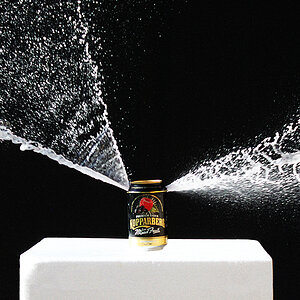
![[No title]](/data/xfmg/thumbnail/39/39292-4169a355b794ae9735845c4ad45d06ff.jpg?1619738958)
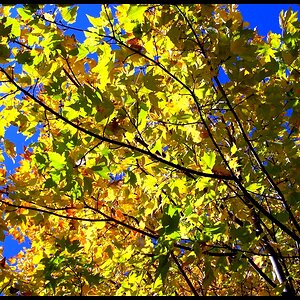
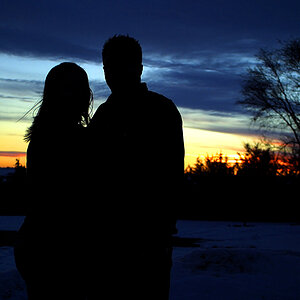
![[No title]](/data/xfmg/thumbnail/39/39293-55a527d2a9b287bf5e5b6d118abab22c.jpg?1619738958)
